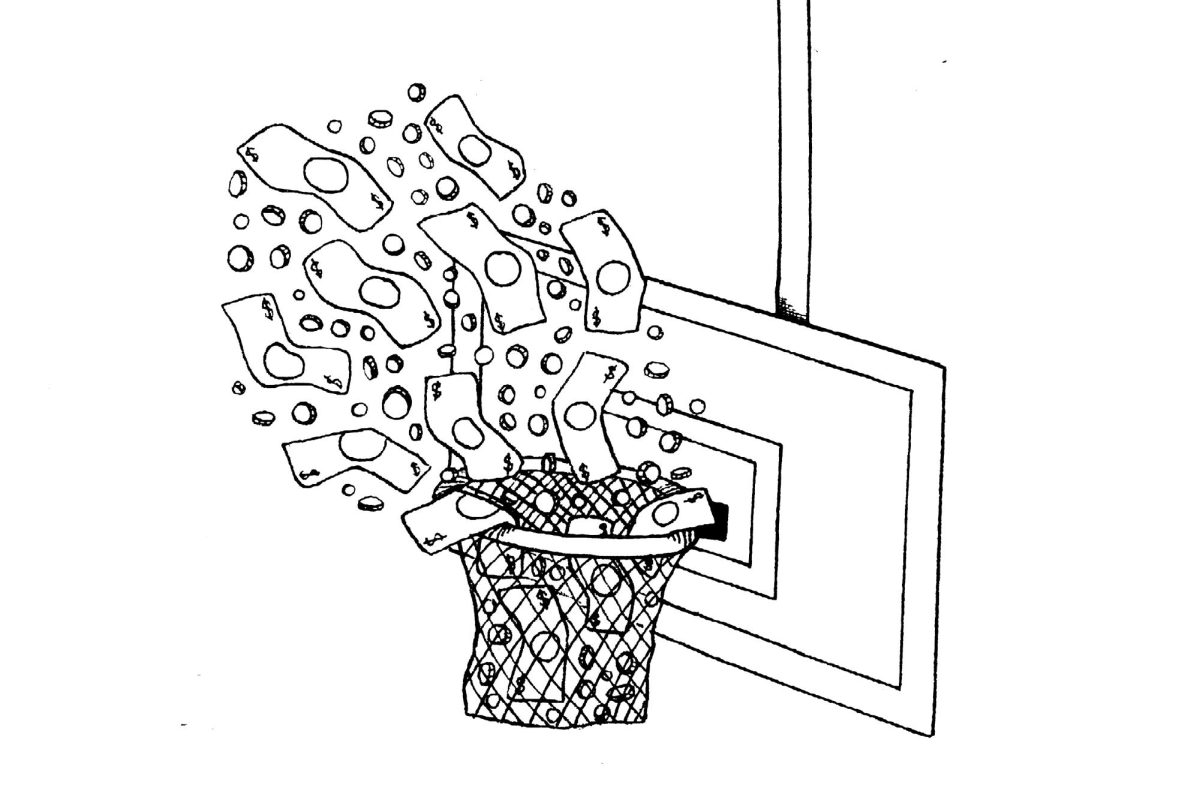Officials finally made concrete progress this month on a topic that the GW community and administrators have wrangled over for years: shared governance. Faculty members on the Shared Governance Task Force have been meeting with interim University President Mark Wrighton and members of the Board of Trustees for conversations about how to move past the unilateral administrative decision-making that hallmarked the past few years at GW.
Meaningful engagement between administrators and faculty is an important first step to building a more inclusive and harmonious way of running the University – but it is just a first step. Not only must University leadership keep its promises to actually hash out a shared governance framework, but students need to be involved too.
The Board first announced these shared governance efforts when it delayed the presidential search process back in September. The Board has committed to establishing a formal structure by which faculty can provide input and be consulted on decisions that the University’s leadership makes.
The term “shared governance” gets thrown around a lot and oftentimes ends up sounding like a buzzword. Shared governance at GW has become so warped over the past few years that the initiative is largely focused on pinpointing what the term actually means.
Generally speaking, the concept of shared governance at universities refers to the system by which faculty, administrators and trustees can come to collective decisions after hearing each other out. But at GW, this collaboration reached its nadir when former University President Thomas LeBlanc introduced the 20/30 Plan to cut enrollment and boost STEM – faculty felt blindsided, and already-frayed relations broke down even more.
But the usual understanding of effective shared governance – and the University’s plans to improve it – leaves out students. Board Chair Grace Speights did say that officials intended to seek student input in the presidential search process, but soliciting input from the people who pay to go here has occupied a place somewhere between second-fiddle and an afterthought in the Board’s communications about moving away from unilateral decision-making.
As administrators craft a plan for how shared governance operates at GW, they must include students. Administrators should hold town hall meetings specifically for students so that both students and administrators have a defined space to have a productive discussion about important issues like the new strategic plan, student response to how the University can improve on their handling of COVID-19 on campus and have a check-in to discuss whether students’ needs are being met in the classroom.
Shared governance for students, like it is for faculty, means granting them a seat at the table when it comes to making substantial administrative decisions. It also means listening to students about their grievances with the University and providing efficient responses that show administrators are sensitive to what students need and are going through. Student-administrator town halls are one way to accomplish this, but administrators should also spend more time interacting with students on a day-to-day basis.
Although individual students are at GW for just a few years, there will always be a student body on campus, and it’s crucial that the University take its needs and views into consideration. Officials make decisions about the very character of the University, ranging from how diverse and inclusive the crop of admitted students is going to be, to what fields and majors the University prioritizes. GW’s reason for existence is more than just research and prestige – the students who choose to spend years learning here are the beating heart of the University. Not only do administrators need to understand that, but that concept should inform their decision-making to a greater degree.
To get students more involved, administrators should consider holding an application process for students who are interested in being involved in decision-making processes to apply to and ensure that a diverse pool of students is aiding administrators and faculty in providing student input.
Wrighton’s newly minted place in the GW community seems to be a step in the right direction. The most recent town hall meetings with faculty are an indication of the new administration’s intentions to move past the grievances between the GW community and LeBlanc. But administrators should continue to tinker with their ideas for the University and extend their plans for shared governance to students.
The editorial board consists of Hatchet staff members and operates separately from the newsroom. This week’s staff editorial was written by opinions editor Andrew Sugrue and contributing opinions editor Shreeya Aranake based on discussions with culture editor Anna Boone, contributing sports editor Nuria Diaz, design editor Grace Miller and copy editor Jaden DiMauro.


